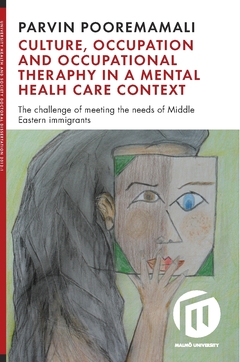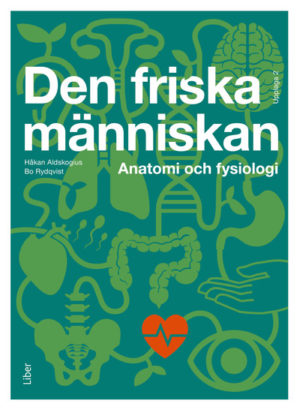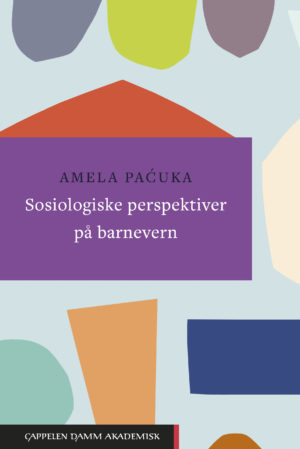English abstract
The purpose of the thesis was to explore the cultural views of reality embedded in experiences and perceptions of occupational therapy made by Middle Eastern clients with mental health disorders and their occupational therapists. The challenges of diversity related to occupational well-being in the field of occupation-based rehabilitation among Middle Eastern clients were also addressed. A qualitative approach was used throughout the thesis. A grounded theory was used for studies I, II and IV and a narrative analysis was applied for study III. In study I, eleven clients who received occupational therapy were interviewed and the elements that shaped their experiences and perceptions with occupational therapists were investigated. The result demonstrated that the clients’ desire for an alliance with the therapists encompassed the realities and truths embedded in their values and preferences and that the belief systems of their collectivistic world-views often clashed with those of the therapists. Study II included interviews with eight occupational therapists and investigated their experiences and perceptions of working with Middle Eastern clients. The result showed that cultural, societal, and professional dilemmas influenced feelings and thoughts, in turn influencing both motivation for seeking cultural knowledge and the choice of adequate strategies for creating a therapeutic relationship. Study III was a case study with a narrative approach, aiming to illustrate how an occupational therapy intervention can highlight the role of culture and address bicultural identification in a young adult immigrant woman with mental health problem. The study demonstrated how a culturally adapted intervention model could help the client go through a transition from an interdependent to a more independent self and achieve better skills in dealing with cultural discrepancies in different situations. Study IV examined perceived occupational well-being among ten participants with psychiatric disabilities who received occupation- based rehabilitation. The results showed the participants’ ambivalence between striving for empowerment and wanting support and revealed the realities and truths embedded in both collectivistic and individualistic world-views, in turn influencing the ways the participants viewed themselves in relation to empowerment, support and occupational well-being. The results of this thesis provide new insight into the complexity of the phenomena of culture and mental health and may be used in developing culturally adjusted interventions, not only within the areas of occupational therapy and occupation-based rehabilitation but in mental health care in general.







